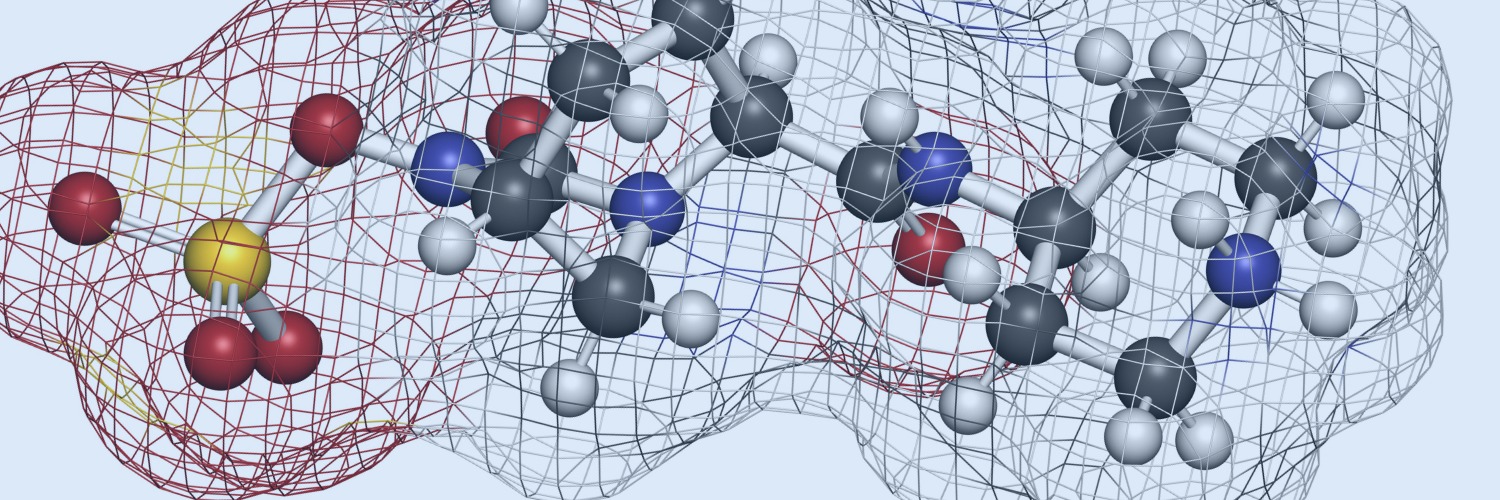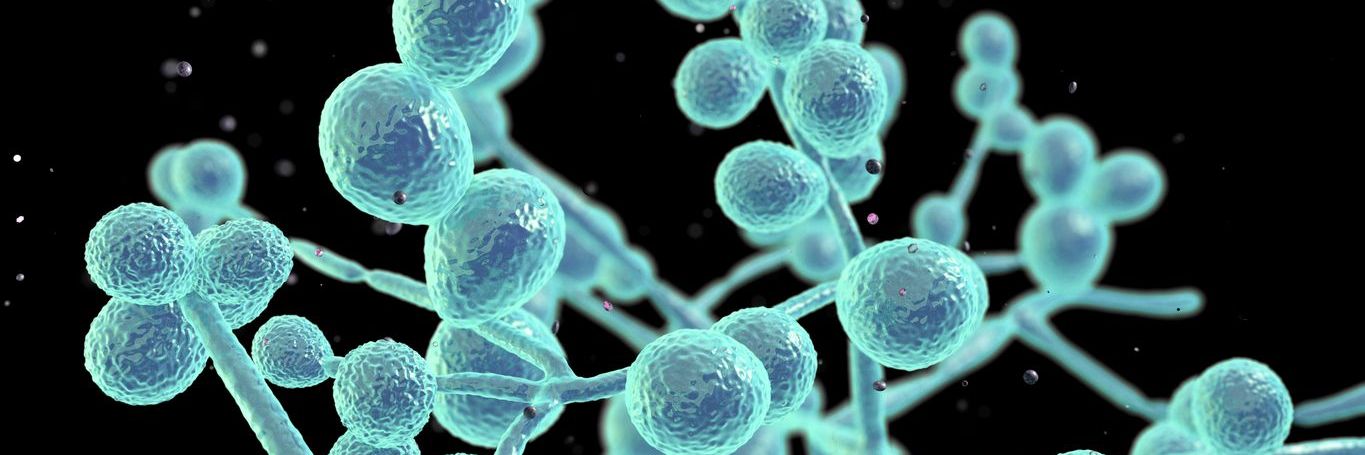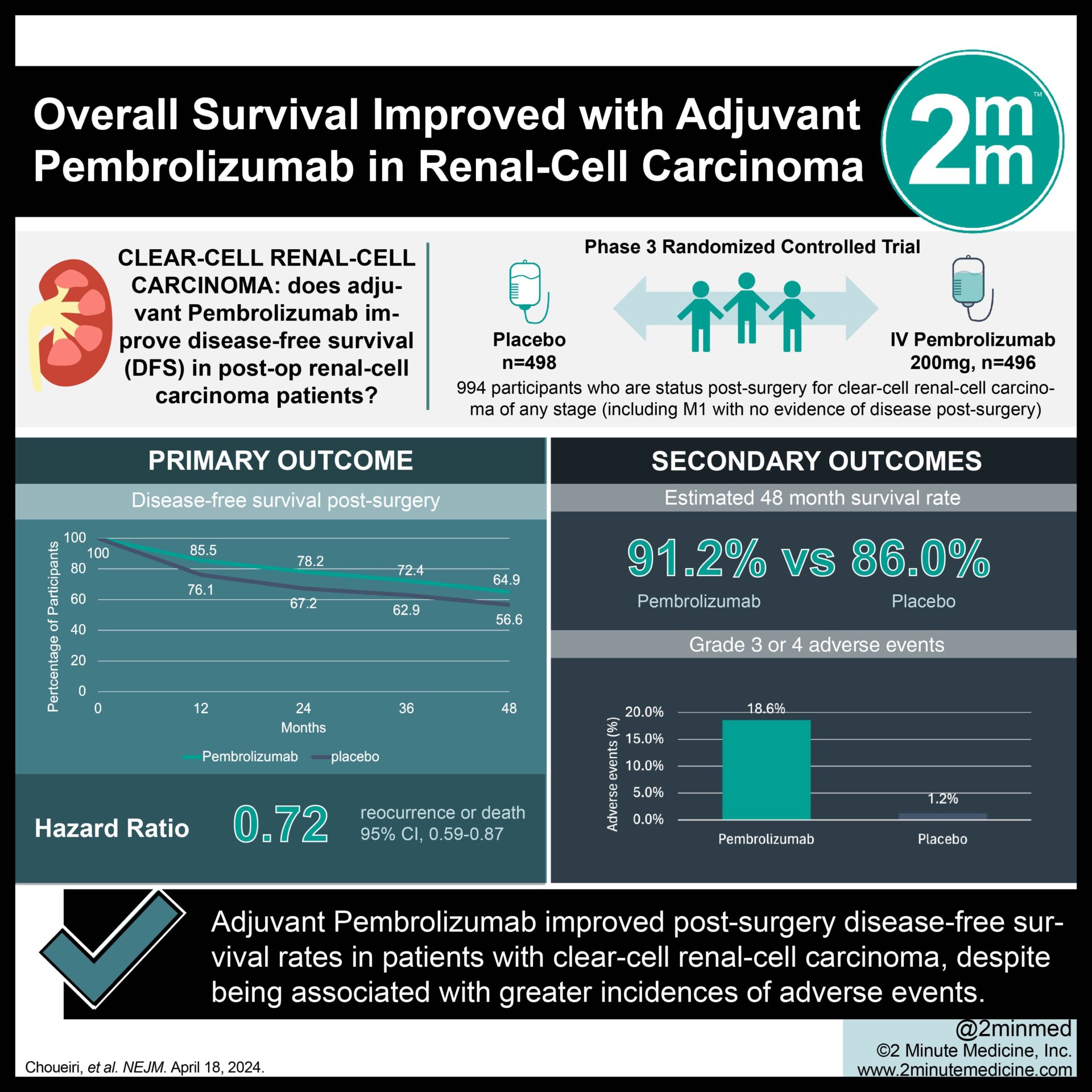The following is a summary of “Updated Management Guidelines for Adenosine Deaminase Deficiency,” published in the June 2023 issue of Allergy and Clinical Immunology: In Practice by Grunebaum et al.
Adenosine deaminase (ADA) gene mutations typically result in severe combined immunodeficiency. ADA-deficient patients may also exhibit neurodevelopmental, behavioral, hearing, skeletal, lung, cardiac, skin, kidney, urogenital, and liver abnormalities, in addition to infections. Some patients are also affected by autoimmunity and cancer. In recent years, remarkable progress has been made in managing ADA deficiency. Most ADA-deficient patients can be identified through newborn screening for severe combined immunodeficiency, which enables the early diagnosis and treatment of asymptomatic neonates.
The majority of patients gain from enzyme replacement therapy (ERT). Allogeneic hematopoietic cell transplantation with no conditioning from an HLA-matched sibling donor or HLA-matched family member donor is currently the preferred treatment. When neither a matched sibling nor a matched family member donor is available, autologous ADA gene therapy with nonmyeloablative conditioning and ERT withdrawal should be pursued. According to recent studies, this treatment results in a 100% overall survival rate and a 90 to 95% engraftment rate. If gene therapy is not promptly available, ERT can be continued for a few years; however, its prohibitive cost may prevent this option from being utilized.
After reduced-intensity conditioning, the recently enhanced outcome of hematopoietic cell transplantation using HLA-mismatched family-related donors or HLA-matched unrelated donors suggests that such procedures may also be considered an alternative to prolonging ERT treatment. Long-term follow-up will aid in determining the optimal treatment strategy for patients with ADA deficiency.
Source: sciencedirect.com/science/article/abs/pii/S2213219823001186



















